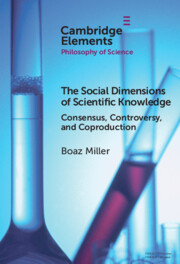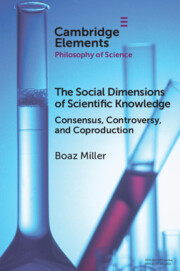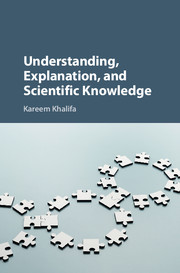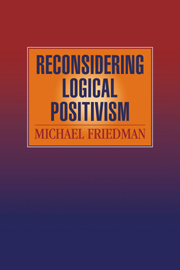Science and Humanism
Historically and conceptually, influential traditions of thought and practice associated with humanism and science have been deeply connected. This book explores some of the most pivotal relations of humanistic and scientific engagement with the world to inspire a reconsideration of them in the present. Collectively, its essays illuminate a fundamental but contested feature of a broadly humanist worldview: the hope that science may help to improve the human condition, as well as the myriad relationships of humanity to the natural and social worlds in which we live. Arguably, these relationships are now more profoundly interwoven with our sciences and technologies than ever before. Addressing scientific and other forms of inquiry, approaches to integrating humanism with science, and cases in which science has failed, succeeded, and could do more to promote our collective welfare, this book enjoins us to articulate a compelling, humanist conception of the sciences for our times. This title is also available as Open Access on Cambridge Core.
- Explores different and conflicting perspectives on the potential of the sciences to help make our world a better place, for humans, other forms of life, and the environment
- Reviews concrete examples of how the nature and application of science can have significant impact on the well-being of women, minorities, marginalized groups, and society more generally
- Considers the developing roots of connections between science and humanism in the Renaissance and Enlightenment, manifesting in key movements in twentieth-century philosophy
- This title is also available as Open Access on Cambridge Core
Reviews & endorsements
'Science and Humanism is an important contribution to the growing literature broadly concerned with 'science and values,' with lucid and accessible chapters representing a variety of points of view on the relationship between science and humanism. It will be of interest to a wide audience, including philosophers and sociologists of science and their students, as well as reflective scientists and people interested in the many varieties of humanism and their histories.' , Hugh Lacey, Swarthmore College
Product details
December 2025Hardback
9781009626866
320 pages
229 × 152 mm
Not yet published - available from December 2025
Table of Contents
- Introduction Anjan Chakravartty
- Part I. Interrelations: Scientific and Other Forms of Knowledge:
- 1. What is science for? Modern intersections of science and humanism Anjan Chakravartty
- 2. Varieties of philosophical humanism and conceptions of science Ian James Kidd
- 3. Scientism and the limits of objectivity Gurpreet Rattan
- 4. Scientism: reflections on nature, value, and agency Akeel Bilgrami
- Part II. Inspirations: Philosophies of Science and its Social Role:
- 5. Scientific humanisms: Sarton, Reichenbach, and the cultural crisis of western science after world war one Alan Richardson
- 6. John Dewey, humanism, and the value of science Aleksandra Hernandez
- 7. Socio-political engagement and scientific value freedom: the view from the left vienna circle Thomas Uebel
- 8. The pragmatic and the religious functions of science Matthew J. Brown
- Part III. Interventions: Scientific Knowledge and Social Imperatives:
- 9. The present plight of science, and our plight Janet A. Kourany
- 10. Science and justice: beyond the new orthodoxy of value-laden science David Ludwig
- 11. The human sciences and the 'theory of women' Catherine Wilson
- 12. Toward more inclusive research: new challenges and responsibilities for scientists, philosophers, and citizens Stéphanie Ruphy
- References
- Index.







